Did you know that every day you consume a little of a chemical known technically as 1-3-7 Trymethylxanthine? If we were to isolate this bitter white powder, you would wonder why anyone would bother with it, but actually it occurs naturally in over 60 plants and seeds, and we call it caffeine for short (1)
Caffeine facts
Caffeine is present in coffee beans including beans that have been decaffeinated, although in much reduced amounts. The average cup of decaf has around 2 milligrams (mg) of caffeine compared to 95 mg in a cup of “normal” coffee. It is also in many of the foods and drinks we enjoy every day, and in some of these the caffeine has been artificially manufactured, in energy drinks for example.

Scientists believe it is produced in plants as a deterrent to predators, like a natural insecticide. In fact the buzz we get from a hit of caffeine is intended to kill bugs – so that is a red flag for sure. Does your daily cup of joe come with a risk?
So let us look at how this bug-killer can affect us in one of the most sensitive times of our lives – pregnancy.
Can pregnant women drink coffee?
Over the past 150 years or so a lot of study and research has gone into the effects of lifestyles and habits on pregnant mothers and unborn babies, and thanks to that a lot of lives have been saved, and babies have been born healthier than ever before.

The main dangers that are top of mind usually are things like alcohol, smoking and illegal narcotics. But when we start to drill down into the broader research we find that something we regard as fairly harmless, like coffee, can also carry a risk.
The answer to the question “Can you drink coffee while pregnant” is unfortunately not a simple “Yes or no”, it is more of a “It depends”.
Is it ok to drink a coffee a day while pregnant?
There has not been a great deal of empirical study on this, and for good reason. It would not be very ethical to deliberately feed a potentially harmful substance to a group of pregnant women to see what happens, so most of the conclusions about how safe it is for pregnant women to drink coffee come from what we already know about the effects of caffeine on the human body.
The answer of course, like everything in life, is that it is ok in moderation. Since everyone reacts differently based on our own genetics and metabolism there is no such thing as a completely safe level, but it is believed that just one 12 ounce coffee a day is not particularly harmful. However the caveat is that it’s not just about the coffee, it’s the caffeine.
Because caffeine is also present in many other popular foods like ice-cream and chocolate, and some nuts and berries, we should be aware of our total intake, not just what is in coffee – more on that later.
How does caffeine affect pregnancy?
One well-known effect of caffeine on the body is an increase in blood pressure. This happens because caffeine causes the blood vessels to constrict, making it harder for the heart to pump blood through the system.(2)
In a pregnant woman this can restrict the blood supply to the fetus, inhibiting growth and increasing the danger of miscarriage.
In addition, when a pregnant woman drinks coffee, it could be said that the unborn baby also drinks coffee. Caffeine passes through the placenta and umbilical cord, raising the heart rate of the fetus. Normally caffeine is expressed through the body in urine, but a fetus cannot do that so it stays in the body longer, and some studies have shown that this affects birth weight.
How much coffee can you drink while pregnant?
The recommended guideline for pregnant women is no more than 200 mg of caffeine per day, and that equates to one 12 oz cup of coffee (3). Over this, the risk of miscarriage increases by 19% for every additional 150 mg of caffeine – so drinking three or four cups of full strength coffee every day starts to look like high risk behaviour.
With the caffeine present in the foods and drinks as well, a pregnant mother should probably always make a note of daily consumption – a nuisance to some, but a good safety tip.
Does espresso have more caffeine than coffee?
To complicate matters a little further, not all coffees are equal in the amount of caffeine. One of the worst suspects is actually instant coffee. This is because instant coffee is normally made from the Robusta coffee bean, which has a higher concentration of caffeine than the Arabica bean. Arabica is used in espresso and other ground coffees such as pour-overs and French press.
Each Arabica bean has about half the amount of caffeine compared to a Robusta bean, and the way the coffee is made can make a difference. The longer the process, the more caffeine is extracted from the coffee grounds. Espresso is one of the lowest, although we usually think of a single shot of espresso as being a pure caffeine hit.

Actually, the water runs through the coffee grounds in an espresso machine in 25 seconds on average giving a caffeine content of just 63 mg. In drip coffee, or French press, the grounds can more slowly absorb the water, extracting up to 124 mg of caffeine.
So obviously it matters how you take your coffee.
Can you drink decaf coffee while pregnant?
Despite decaf coffee having its own controversies, it is generally good news for coffee lovers with high blood pressure and for pregnant women in particular. Caffeine contributes much of the bitterness in coffee and none of the flavor.
The taste and flavor of coffee comes from the natural oils and acids, mainly chlorogenic acid, which are brought out of the beans during the roasting process. Caffeine adds bitterness and of course is the ingredient that makes it a stimulant – the bug-killing hit as we now know.

It is impossible to remove all caffeine content, but typically a cup of decaf has only about 2 mg of caffeine, so from that viewpoint it is the safest way to drink coffee during pregnancy. In addition to ground decaf, you can also get instant decaf. Again, all of the flavor, virtually none of the caffeine.
But what about the controversies? It seems there are several methods of removing the caffeine from coffee beans and not all of them are considered safe. The method which has attracted most concern is one that washes the beans in a chemical solution of methylene chloride, which is an active ingredient in paint stripper. This has known toxic effects including liver and kidney damage, and is carcinogenic.
The safest methods involve blasting the beans with CO2, and also using water, called the Swiss Water method. Unfortunately there is no requirement for producers to label coffee products with the method or chemicals used, but there are studies available that explain these and offer warnings so consumers can buy the decaf coffee that is considered the safest. This handy website https://www.cleanlabelproject.org/decaf-coffee/ has all the information you need to make an informed choice about the most commonly purchased brands of decaf.
Does tea have more caffeine than coffee?
With all the concerns about caffeine, many women switch to tea during pregnancy believing it is a safer option. This is true to an extent, in that a cup of tea has about half the amount of caffeine as a similar size cup of coffee – but to put it in perspective, two cups of tea equals one cup of coffee – so its all about moderation.
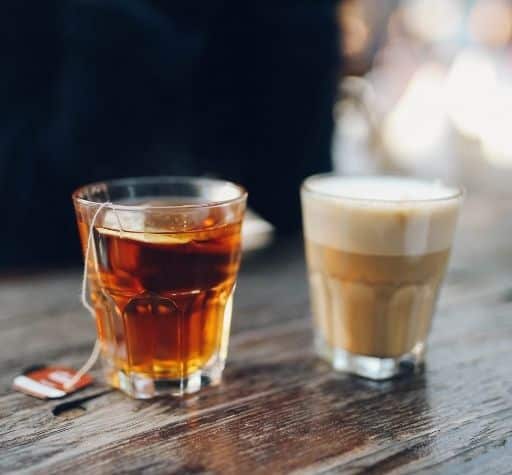
Happily for tea drinkers, there is also a decaffeinated tea available. Decaf tea used to mean herbal teas, but now there is a decaf black tea. It has the benefit of actually lowering blood pressure and also reducing cholesterol levels, so it is definitely something to have in the cupboard.
Other foods and drinks with caffeine to look out for
Caffeine is what is called a “psychostimulant”, meaning it stimulates the activity of your nervous system, gives you a morning wake-up, and keeps you going on a long road-trip. This is the best known side effect of coffee, but it is actually present in many other items we consume each day (4).
The cocoa used to make chocolate for example: 100 grams of dark chocolate has 240 mg of caffeine, about two and a half cups of full strength coffee. Milk chocolate has a lot less, but has more calories.
A trendy drink is Matcha, a Japanese tea made from a green tea powder. This has about twice the caffeine level of coffee, so should be avoided during pregnancy.
Caffeine also gives the “energy boost” to many of our snacks, including those we think of as health foods, like sunflower seeds, protein bars, oatmeal, yoghurt, and beef jerky (5).
Tips on how to cut down on caffeine during pregnancy
The key to a safe pregnancy is being aware of what you eat and drink. It is worthwhile getting to know how much caffeine is in your normal daily diet, and the answer to this might be a surprise in exactly how much caffeine we consume each day.
As we know, caffeine gives an energy kick, and this is probably the opposite of what you need during pregnancy. Ideally it should be a time of rest and relaxation, conserving energy rather than expending it.
A diet high in natural foods and vitamins such as vegetables and fruits should take the place of those sweet treats like ice cream and chocolate. Switching to decaf coffee and tea is an easy choice since they both retain the flavor without the negative effects (6).
Above all, just knowing that what you put in your body is also shared with the unborn baby is the key to a happy and trouble-free nine months. After that, you can enjoy everything.
FAQS
Does caffeine hurt the fetus?
Yes, by restricting blood flow, inhibiting growth and raising the heart rate.
Can you drink iced coffee while pregnant?
The only difference between iced coffee and regular coffee is that one is cold and the other is hot! The amount of caffeine is the same in either case.
Does matcha have caffeine?
Matcha is very high in caffeine, more than twice that of full strength coffee.
Does espresso have more caffeine than coffee?
Espresso actually has some of the lowest levels of caffeine compared to brewed coffee, partly because of the way it is prepared. The extraction time – how long the coffee is in contact with water – is less.

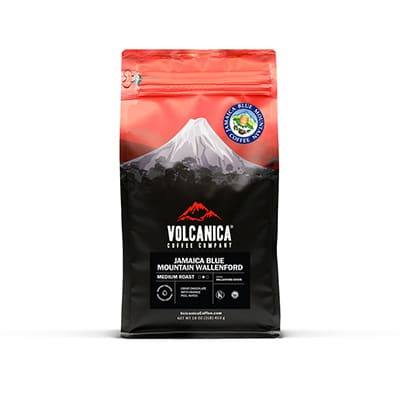
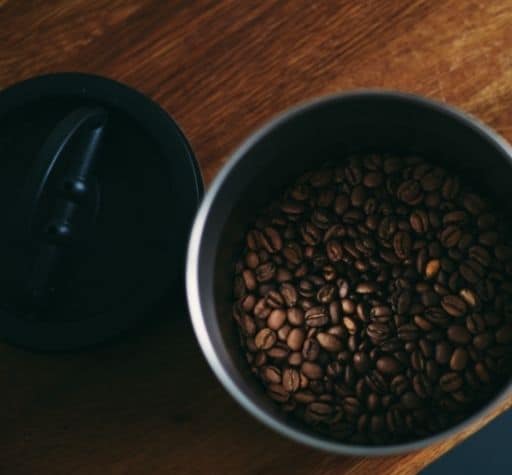


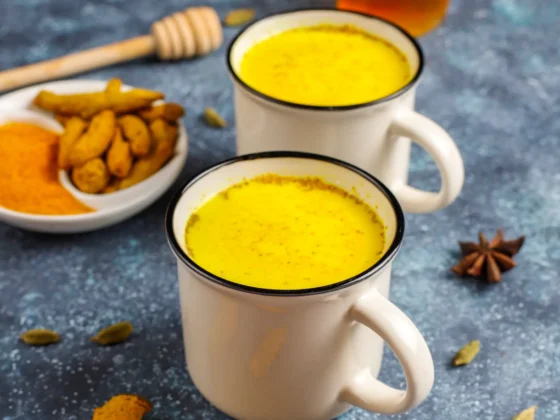
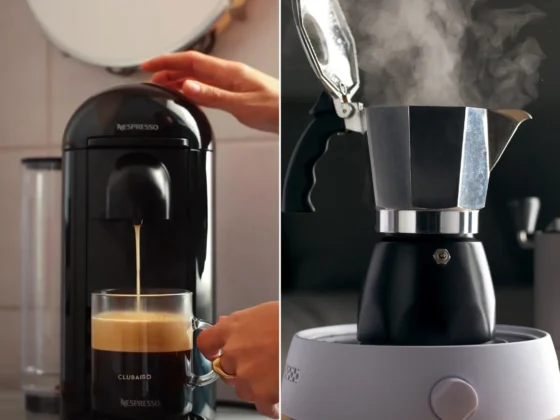
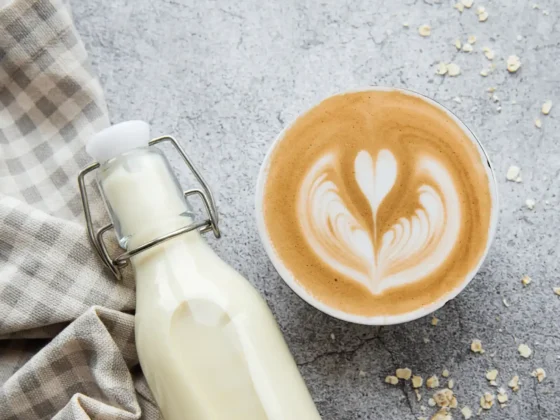
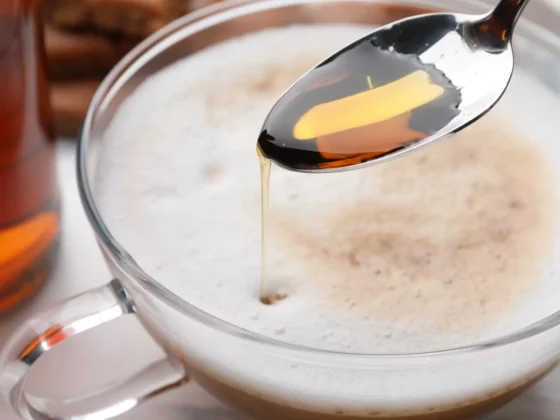
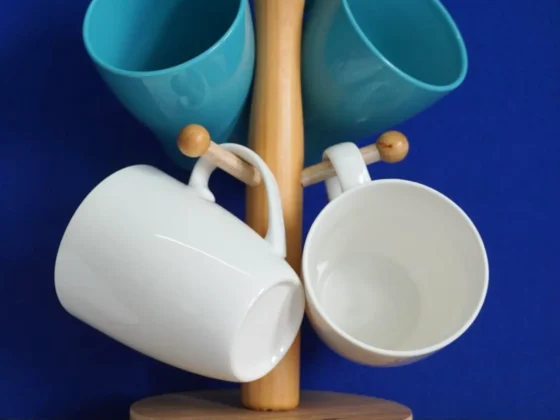
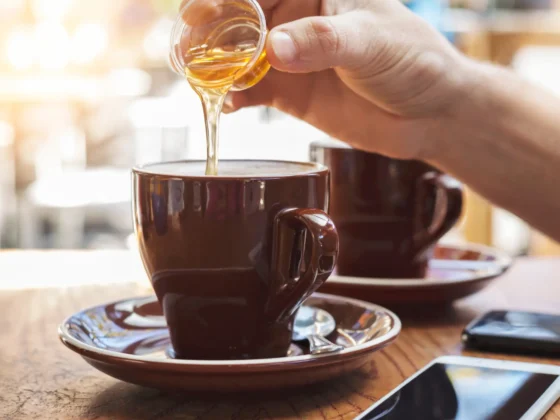
2 comments
Excellent article – need more like this